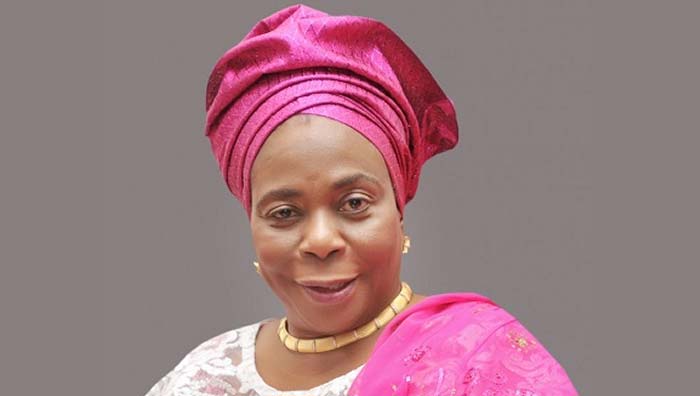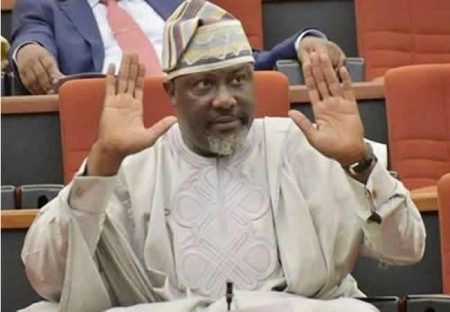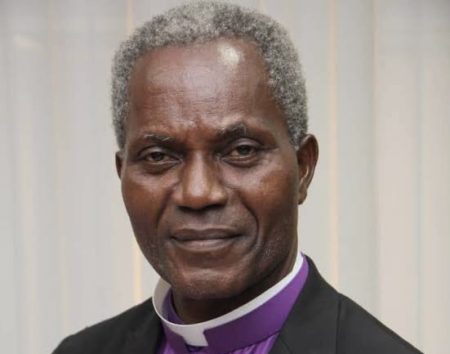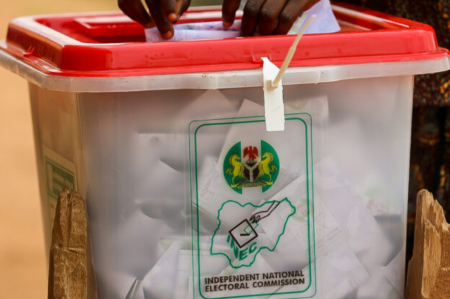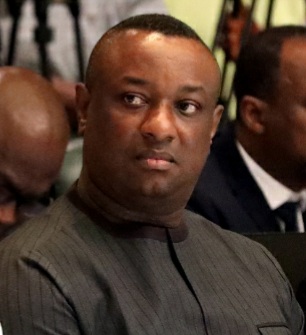Senator Biodun Olujimi, former Deputy Governor of Ekiti State and ex-Senate Minority Leader, has offered a critical assessment of the current political landscape, particularly focusing on the future prospects of the Labour Party and its presidential candidate, Peter Obi, as well as the internal struggles of the Peoples Democratic Party (PDP), especially in Ekiti State. In a recent interview, Olujimi argued that the political strategies employed by Obi during the 2023 elections will not be as effective in the next electoral cycle. She attributed this to the fact that President Bola Tinubu, a seasoned politician with extensive experience, will be a formidable opponent, suggesting that Obi would require a significantly different approach to pose a serious challenge in 2027.
Olujimi’s critique extended to the internal dynamics of the PDP, placing the blame for the party’s decline in Ekiti State squarely on former Governor Ayodele Fayose. She accused Fayose of employing autocratic leadership tactics, including imposing candidates against the will of the party members and alienating key stakeholders who were instrumental in building the PDP’s foundation in the state. This, she argues, led to the creation of factions and ultimately contributed to the party’s repeated electoral failures. Olujimi highlighted how Fayose’s style of leadership fostered internal crises, weakening the party’s structure and ultimately diminishing its performance in elections.
The former Senator further elaborated on the detrimental impact of Fayose’s leadership, emphasizing how his actions undermined reconciliation efforts within the PDP. According to Olujimi, repeated attempts by party loyalists to rebuild and unite the party were consistently thwarted by Fayose’s “high-handedness and divisive politics.” She lamented the lost opportunity for the PDP to maintain its strength in Ekiti State, attributing the party’s downfall to the “selfish ambitions of one individual.” This, she suggested, created an environment where unity became virtually impossible, further hindering the party’s ability to effectively compete in elections.
Olujimi also pointed to broader issues within the PDP, arguing that the party’s failure to conduct transparent internal processes further exacerbated the situation. This lack of transparency, she claimed, contributed to the defection of loyal members and eroded public confidence in the party. Having recently stepped aside from the PDP herself, Olujimi’s critique carries the weight of someone with intimate knowledge of the party’s internal workings. Her observations paint a picture of a party deeply fractured by internal strife and struggling to maintain its relevance in the political arena.
In essence, Senator Olujimi’s analysis highlights two key points: the evolving political strategies required for future presidential contenders and the devastating impact of internal divisions within political parties. She argues that Obi’s 2023 approach will be insufficient against Tinubu’s political acumen in 2027, suggesting that innovation and adaptability are crucial for future electoral success. Simultaneously, she outlines the consequences of autocratic leadership and a lack of internal transparency, using the PDP in Ekiti State as a prime example of how these factors can lead to a party’s decline.
Olujimi’s commentary offers a valuable perspective on the challenges facing both the Labour Party and the PDP, emphasizing the need for strategic evolution and internal reform. The former Senator’s remarks ultimately serve as a cautionary tale for political parties, underscoring the importance of unity, transparency, and adaptability in navigating the complex landscape of Nigerian politics. Her insights provide a framework for understanding the current political dynamics and offer potential lessons for future electoral contests.





